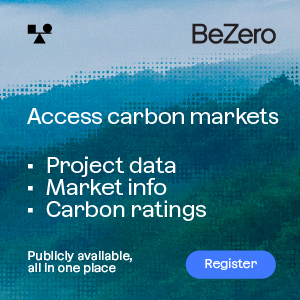(Updates with Tuvalu’s INDC)
Malaysia, Jamaica and Tuvalu submitted their INDCs on Friday, taking the number of national climate pledges received by the UN to 180 out of 195 countries, with just two days before the Paris talks open.
As of 1800 GMT on Friday, the only major polluters that had yet to submit an INDC were OPEC members Nigeria, Venezuela and Angola.
In addition, Tonga and Palau – two island nations that have warned that their existence is threatened by rising sea levels – have not yet reported on their contributions.
Others yet to pledge include war-torn Syria and Libya, earthquake-shattered Nepal, and isolationist North Korea.
As well, Brunei, Uzbekistan, Nicaragua, Panama, and East Timor have yet to send in their INDCs.
Check out Carbon Pulse’s INDC Tracker for details of all the pledges submitted so far.
MALAYSIA USES GHG INTENSITY
Malaysia’s pledge was one of the few to use an emissions intensity target. It pledged a 45% cut in GHG emissions intensity by 2030 under 2005 levels of 289 million tonnes of CO2e.
Some 35% of this is unconditional, with the remaining 10% dependent on climate finance, technology transfer and capacity building.
On the use of market mechanisms, the country was unequivocal: “Malaysia has no intentions to use international market mechanism to achieve [its] INDC contributions.”
JAMAICA BAU
Jamaica was one of the last Caribbean islands to submit. It said its emissions stood to rise 37% over 2005 BAU levels by 2030 to 14.5 million tonnes of CO2e.
It unconditionally pledged to curb that by 7.8%, mainly by developing renewable energy projects and said it could deepen this to 10% with international support to deploy energy efficiency measures.
It foresaw no contribution from market mechanisms.
Saint Kitts and Nevis is the only Caribbean nation to not yet submit a target.
TUVALU
“Emissions will be further reduced from the other key sectors, agriculture and waste, conditional upon the necessary technology and finance,” it said, adding that it would not use market-based mechanisms to meet its goals.
By Ben Garside – ben@carbon-pulse.com



